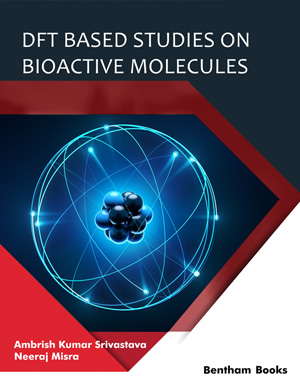Abstract
A supervised artificial neural network model has been developed for the accurate prediction of the anti-T. cruzi activity of heterogeneous series of compounds. A representative set of 72 compounds of wide structural diversity was chosen in this study. The definition of the molecules was achieved from an unsupervised neural network using a new methodology, CODES program. This program codifies each molecule into a set of numerical parameters taking into account exclusively its chemical structure. The final model shows high average accuracy of 84% (training performance) and predictability of 77% (external validation performance) for the 4:4:1 architecture net with different training set and external prediction test. This approach using CODES methodology represents a useful tool for the prediction of pharmacological properties. CODES© is available free of charge for academic institutions.
Keywords: Chagas disease, CODES, in silico, neural network, QSAR, Trypanosoma cruzi, trypanocidal, Pharmacology, molecules, compounds











